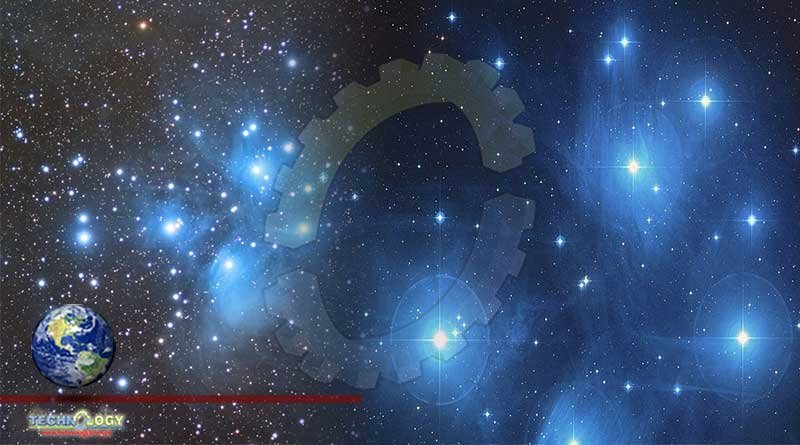The launch of IRIS2 coincides with Chinese plans for a competing mega constellation and the growing dominance of Starlink, a U.S.-based broadband network in low Earth orbit (LEO).

To respond to the European Commission’s request for proposals for the future European satellite constellation IRIS2 (Infrastructure for Resilience, Interconnectivity and Security by Satellite), a number of space and telecom companies in Europe have formed a partnership.
IRIS2 aims to provide European governments, businesses, and citizens with a new secure and resilient connectivity infrastructure. Satellite manufacturers Airbus Defence and Space and Thales Alenia Space, as well as satellite operators Eutelsat, SES, and Hispasat, are in charge of the group.
The group also includes the satellite operator Hisdesat, the spaceflight services provider Telespazio, the aerospace behemoth Thales, the expert in building small satellites OHB, and the terrestrial telcos Deutsche Telekom and Orange.
In a vague May 2 announcement, the companies invited startups and smaller companies to join what they referred to as a “open consortium.”
After approving plans to fund half of the 6 billion euro ($6.6 billion) project, Europe invited bids in March to build European satellite constellation IRIS2.
The remaining costs for a constellation that is anticipated to offer worldwide coverage by 2027 are anticipated to be covered by commercial companies. IRIS2 requires successful bidders to subcontract out at least 30% of contracts over 10 million euros via a competitive tender process, as part of measures to encourage smaller businesses to participate in IRIS2.
The launch of IRIS2 coincides with Chinese plans for a competing mega constellation and the growing dominance of Starlink, a U.S.-based broadband network in low Earth orbit (LEO). IRIS2 would supplement European geostationary orbit (GEO) satellites and use quantum cryptography to secure communications.
The recently formed alliance of well-known space companies stated that their integrated team would work to promote cooperation among all European space actors.
The consortium’s founding companies were also a part of an earlier study group, which included launch services provider Arianespace, that the European Commission selected in 2020 to examine the viability of a sovereign constellation.
Initial proposals for the competitive tender for IRIS2 are due this summer, and companies may submit multiple bids.
Eutelsat’s inclusion in the group, though, may give European officials a headache as the French GEO fleet operator seeks to merge with OneWeb this year, a LEO broadband operator that is partially owned by the British government. If the transaction is approved by regulatory authorities, the U.K. will continue to hold a share of OneWeb through priority voting rights.
OneWeb would be sufficiently ring-fenced within the expanded group, according to Eutelsat, but a senior European Union commissioner previously expressed concern about a potential conflict of interest following the Brexit.
